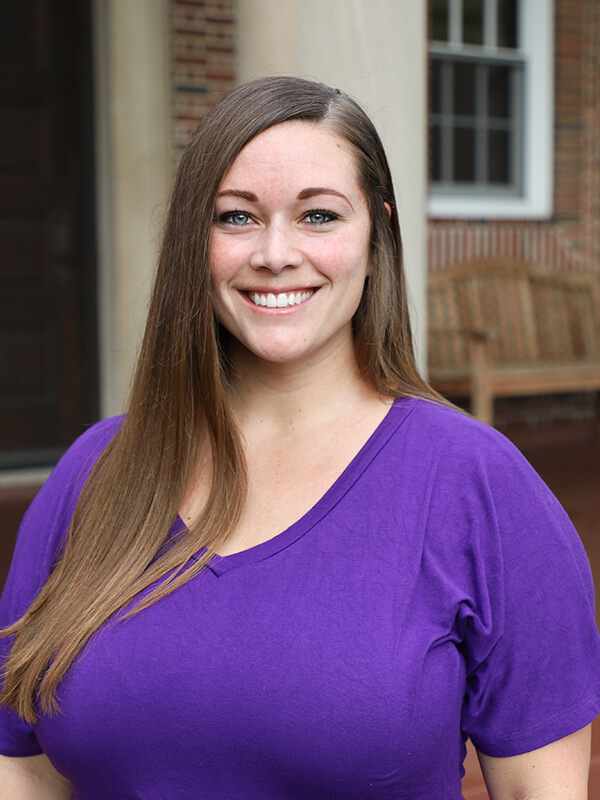For those that have a passion for teaching fitness, body mechanics, and an active lifestyle, becoming a Physical Education (PE) teacher can be a way to share that passion with the next generation. However, not only do future educators want to teach what they love, they also need to position themselves for what employers are looking for in their field. With a Physical Education and Health Education degree from Northwestern, you will be equipped with a Physical Education K–12 license and a Health Education 5–12 license for a public or private school setting, as well as integrate your faith and leadership abilities.
In addition to teaching, Northwestern has the right blend of classes with its PE and Health Education major to set you up for jobs like athletic trainer, exercise specialist, recreation program director, and umpire or referee.
Assistant Professor of Physical Education Lisa Kepple says, “We recommend students pursue dual licensure in Health Education and Physical Education as it increases their marketability and sets them apart from other candidates. Dual licensure aligns with the common school practice of hiring teachers with both licenses to offer more K–12 scheduling flexibility. The competitive advantage students achieve during the job search more than justifies the few additional classes.”
She goes on to share the added benefit of getting this degree at Northwestern, saying, “UNW Physical Education and Health Education teacher candidates also receive a coaching minor, requiring no additional classes, which further appeals to schools as there is tremendous need for coaches at all levels. Graduates from our program are highly sought after as they consistently demonstrate excellence serving students in and out of the classroom.”
Our four-step roadmap to success includes foundational training, cultivating cultural awareness, field placements in a variety of contexts, and at least 500 hours of student teaching in one of our 150 partner schools. Some of the required courses that will prepare you for teaching careers include Personal and Community Health, Human Nutrition, Sexuality Education, Health Behavior, Lifetime Fitness & Wellness, First Aid and Personal Safety, and Care and Prevention of Injury.
So, why should future educators know how to teach health topics in addition to physical education?
It offers students mental health benefits
Although students in K–12 might not recognize it, many studies have proven the mental and emotional benefits of physical health and wellness. Being active makes you feel better, and being able to teach kids about the value of movement for the sake of their health goes beyond just teaching them how to move.
The results of one study concluded, “…we emphasize that the future of PE in our nation’s schools will depend on the ability of schools to provide programs that are perceived to be of importance to the public; moreover, we believe that the future of PE rests on the effectiveness of PE teachers to operate within a public health context.”[1]
It trains students for a lifetime of healthy habits
Teaching children about healthy habits from a young age sets them up to understand the consequences of lifestyle choices for the rest of their lives. Teaching children the risks of unhealthy habits, and providing resistance skills, should be a necessary part of teaching education.
For example, the Center for Disease Control and Preventions recommends, “To prevent obesity among our youngest children, and encourage healthy habits early in life, public health practitioners, licensing officials, and child care providers can adopt … evidence-based obesity prevention standards into statewide [early care and education] licensing regulations.”[2]
It allows students to consider future careers in the health industry
Some of the fastest growing career fields are nursing, biotechnology, kinesiology, physical therapy, and other medicine-adjacent jobs. Young students who have classes in physical education and health will get a taste of what their future job could be. Their interest in a certain profession may be piqued as the result of being taught these topics as a child. This means that educators can make a big impact on the future of their students’ lives.
If you feel called to be a teacher of physical education, consider the critical importance of having health education in your degree. As a Physical Education and Health major at Northwestern, you can be confident that you will be mentored by professors who guide you during your journey toward a teacher licensure, and eventually a class of your own.


